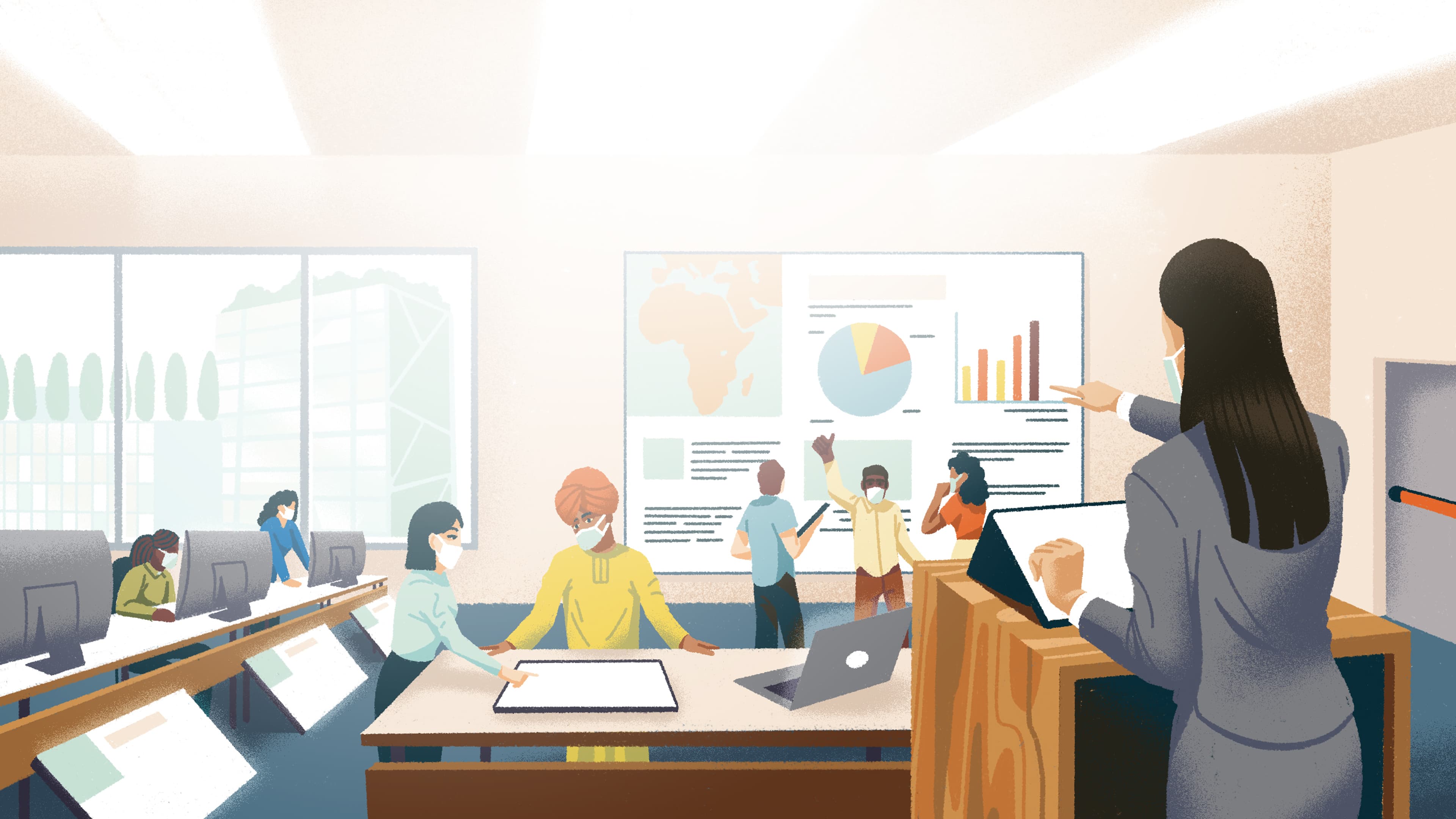
We leveraged our expertise to enable UN staff and partners to display an ability to think and work differently to respond and adapt to changing contexts.
COVID-19 presented real uncertainties in 2020. Accordingly, the College decided to develop initiatives to address uncertainty, cope with change, and promote innovative ways of working. Newly developed and re-designed learning interventions provided an opportunity for staff and partners to think differently and develop foresight techniques to better anticipate, prepare for, and adapt to changing contexts.
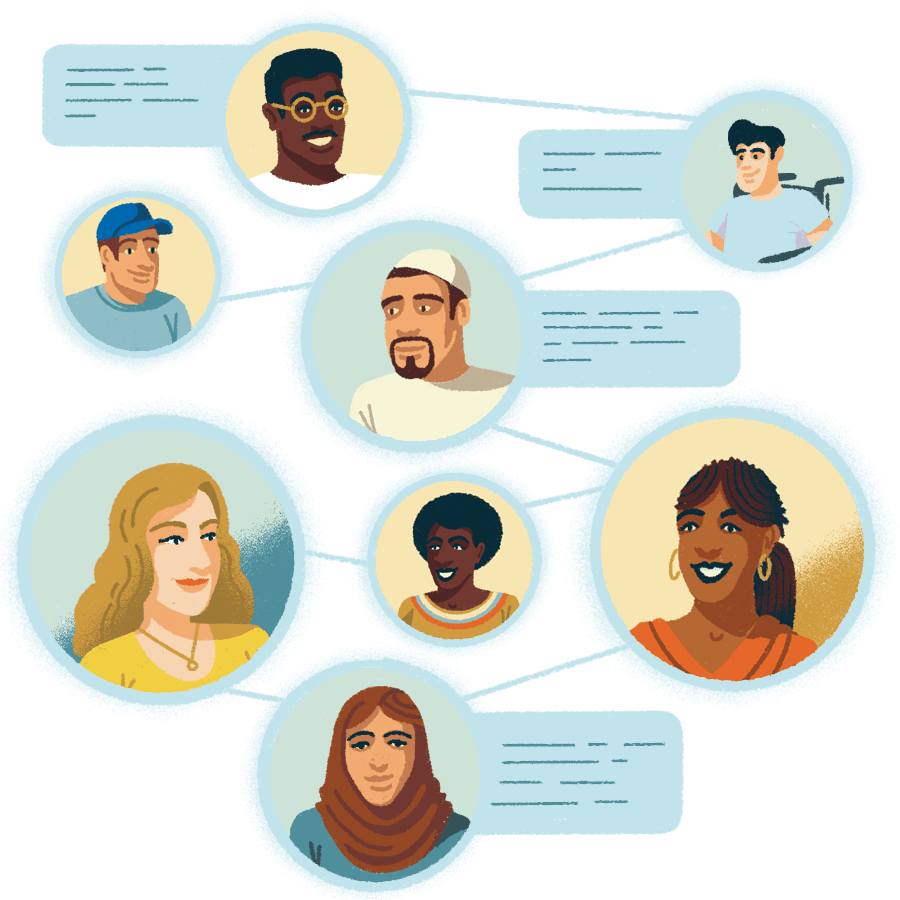
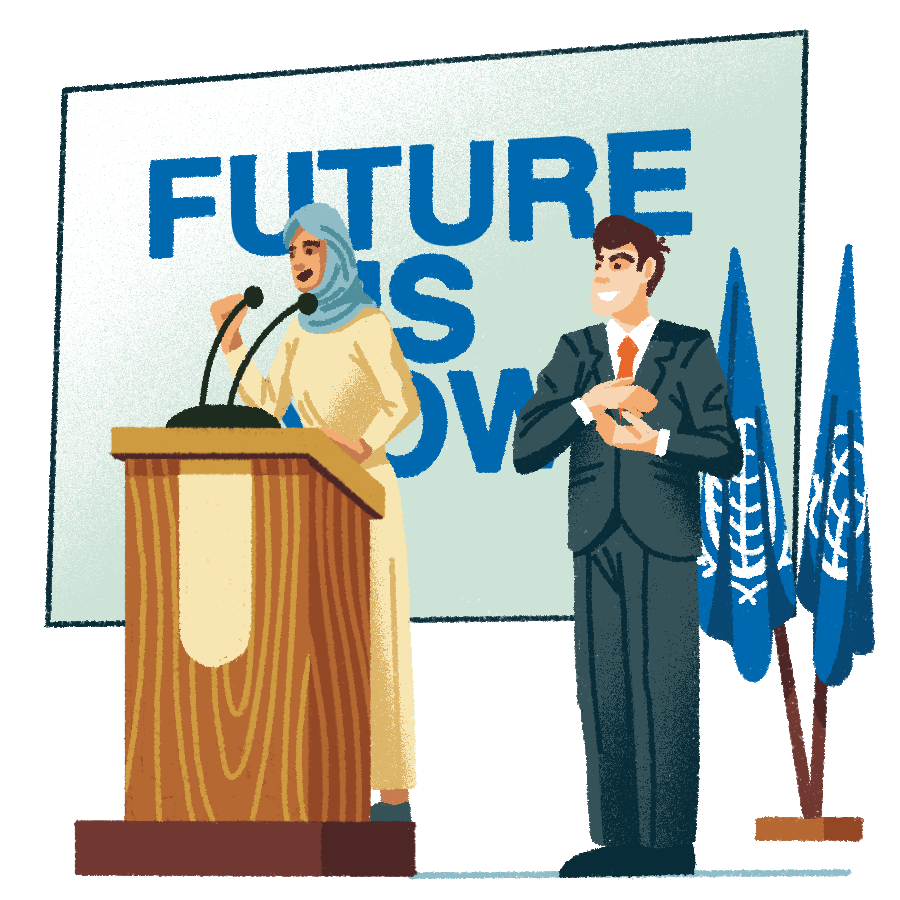
UNSSC
rose to the challenge to:
With UN staff and partner organizations working remotely, extensive training was needed to help
promote new mindsets, behaviours and skillsets to rapidly adapt and adjust to deliver amidst a
changing context. A range of timely knowledge and learning programmes like
The
The College also contributed to strengthening a culture of shared leadership within UN Country
Teams by rolling out a UNCT Dream Team Leadership Initiative for the UN Country Team in Jordan.
The training brought together the heads of agencies of the UN in Jordan, and created a safe
space to strengthen the team, foster collaboration and discuss the collective value proposition
of the United Nations in Jordan.
Through the
An enabling environment is important for establishing evaluation functions that allow leaders to
plan for the future. To support the UN’s work in evaluation, the College developed the
The respective offerings were uniquely positioned to help leaders deal with the immense pressures brought about by the pandemic. Each learning and knowledge product defined how to respond and adapt, while setting the tone, direction and priorities at an organization-wide and system level.
Robust evidence of the success of our initiatives came as the College saw peers lean on each other to cultivate and enhance their vantage point; problem solve and identify pragmatic solutions to difficulties or questions faced; build peer support networks to help each other through real work and life challenges, and interact with leading experts to gain insights and inspiration on how to tackle the various leadership challenges at the height of the pandemic.
Beyond 2020, the College is confident that the investment in knowledge-based and learning activities driven by high-quality learning methodologies and highly qualified professionals will continue to give leaders the ability to foster and sustain agile workforces.
testimonial
UN Mastermind Groups
"Good reflections on situational leadership – from directive to delegatory – depending on situational complexity vis-à-vis team competence and comfort."
- Rosemary Kalapurakal, Deputy Director at the United Nations Development Coordination Office
UNSSC
rose to the challenge to:
The COVID-19 pandemic eliminated face-to-face training, leaving only synchronous and
asynchronous online learning. To meet emerging training and learning needs, the College launched
the
testimonial
The E-Management Certificate Programme offered under The Blue Line
“I enjoyed the quality and ease of use of the online platform. I found the Human Resources modules extremely useful for everyday life, not only professionally but also personally. I would recommend it to every UN staff member.”
- Masha Meyer, Administrative Specialist at the International Civil Aviation Organization (ICAO)
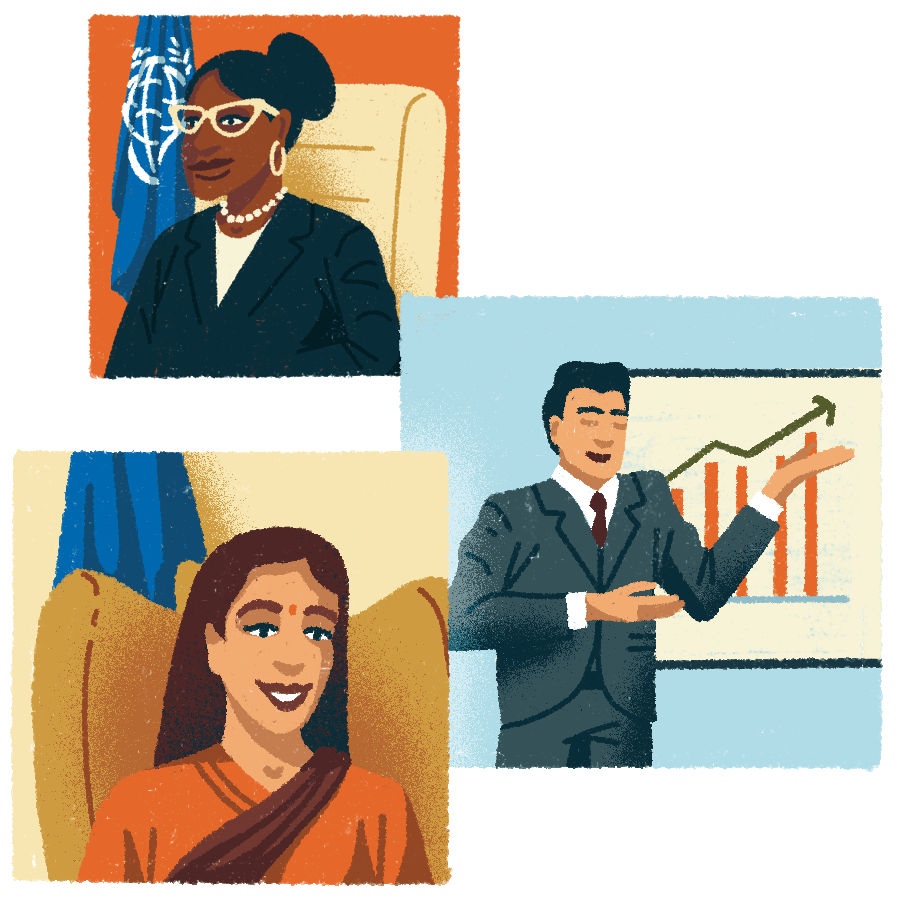
UNSSC
rose to the challenge to:
To fuel system-wide change, the College offered learning and knowledge products on designing and
managing organizational change.
UNSSC’s
In line with the objective to accelerate change, the College developed a case study on
The UNSSC-Mckinsey
Learning was also advanced through
programmes like the
Change management capacity and capability building continued to support all levels of staff – G
to ASG-levels – including Resident Coordinators and UN country team members in creating
awareness, understanding and knowledge of how to apply change management principles within their
areas of work.
The UN Innovation Toolkit is a digital platform geared to fostering
innovation across the United Nations. To spur system-wide change rooted in innovation, the
College developed a set of UN
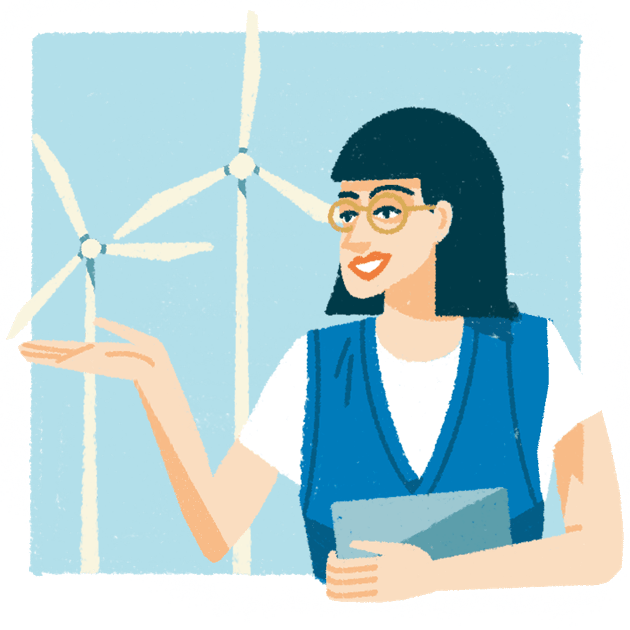
UNSSC
rose to the challenge to:
Diverse and innovative thinking is needed to create new initiatives that help to transform societies, environments and economies to create a sustainable post-pandemic world. Central to this vision are women thinkers and leaders.
In 2020, the need to advance women’s contributions spurred the College to develop learning initiatives that strengthen women’s leadership capacities, unlock their potential and emphasize a gender perspective in reporting.
To this end the flagship
The
UNSSC’s
testimonial
Leadership Women and the UN
“The training programme really provided insights into new dimensions of leadership. This will make anyone in a leadership position think critically about their current performance and role and learn how to make it more successful by taking into account future demands and strategies necessary for change.”
- Mahym Orazmuhammedova, Chief of Mission at the International Organization for Migration (IOM) in Belarus